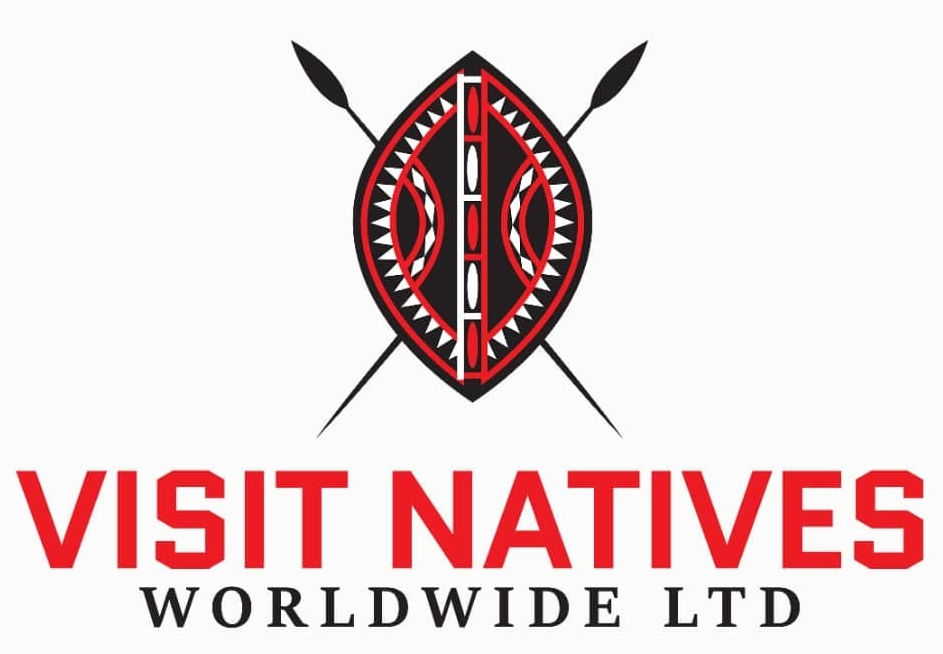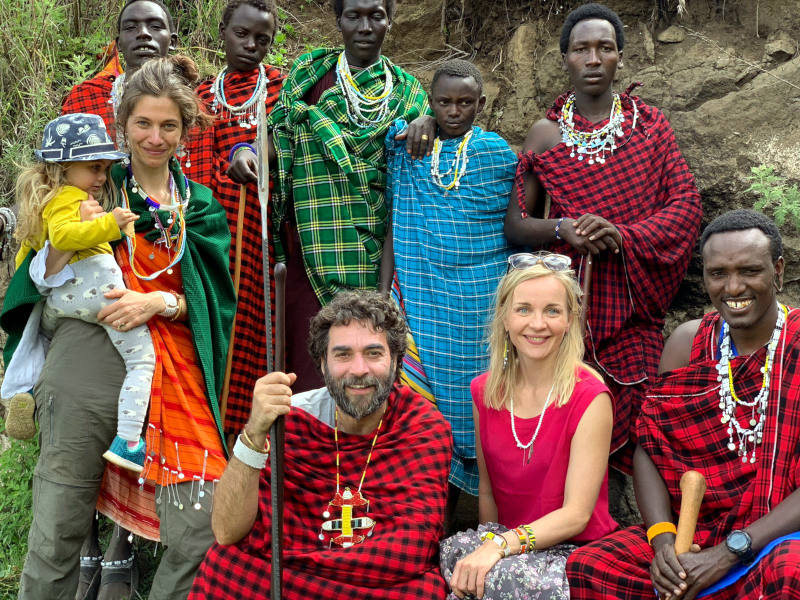IMPACT
SOCIAL EMPOWERMENT
Our tours provide unique and authentic experiences for travelers while enhancing indigenous peoples' capacity and economy. Indigenous peoples are the guardians of ancient cultures and traditions, but their ability to uphold them becomes ever more challenging due to their lack of economic opportunity. They often need to migrate to urban centers in search of income, which can lead to abandoning their traditional dress, language, and traditions, and cultural unity. Our cause is to generate employment, alleviate poverty, and nurture a sense of pride among the indigenous people.
All our tours are planned and provided by the indigenous people themselves. Our indigenous hosts get an additional income by hosting travelers. These earnings are significant for people in remote parts of Tanzania, where is no tourism as our trips go off the beaten path. Last year (2019) 45 indigenous people were involved in our activities and tours directly.
INVESTING IN HEALTH CARE
Indigenous people generally have much less access to health care services because they are poor and live in remote and isolated areas. In addition to employing local Maasai and Hadzabe hosts, we give back to the broader indigenous communities by purchasing health insurance.
Our impact is measurable and visible. Last year (2019), we purchased health insurance that gave free access to health care services for 66 indigenous people in Tanzania. With every single booking with us, one indigenous family gets health insurance.
PRESERVING CULTURAL HERITAGE AND PROTECTING ENVIRONMENT
The indigenous people are inheritors and practitioners of unique cultures and ways of relating to people and the environment.
Maasai and Hadzabe share indigenous wisdom and values where hospitality encompasses the spiritual, cultural, social, environmental, and economic well-being of everyone, including family, community, and visitors. Their indigenous values of warm hospitality are similar to the sustainable development goals of the World Tourism Organization (UNWTO) that is the United Nations agency. We embrace these indigenous values and wisdom where tourism can be sustainable and create a positive impact on our planet and people.
TRAVEL FOR A GOOD REASON
The Sustainable Development Goals (SDGs), also known as the Global Goals, were adopted by all United Nations Member States in 2015 as a universal call to action to end poverty, protect the planet and ensure that all people enjoy peace and prosperity by 2030.
We believe that tourism has a great potential to accelerate progress across the Sustainable Development Goals. When tourism is managed in the right way, it can protect our planet and the cultural heritage of indigenous people.
NO POVERTY
The indigenous people comprise nearly 5% of the world’s population, but also 15% of the world’s poorest people. Our mission is to alleviate poverty among the Maasai and the Hadzabe. Our tours foster economic growth and provide income for the indigenous people with whom we work with in Tanzania. We also invest in health and our tours have an impact on the broader community.
GOOD HEALTH
Indigenous populations generally have a lower life expectancy than non-indigenous people, and a higher incidence of most diseases because they live in isolated and remote areas. We invest in indigenous people's health by purchasing health insurance for Maasai and Hadzabe families so they can use health services for free. We build healthy communities.
GENDER EQUALITY
Indigenous women are amongst the most vulnerable within indigenous communities, and they face double discrimination. We reduce gender equality by empowering indigenous women through tourism. We have Maasai widows who host travelers in their homes. In every village stay, Maasai and Hadzabe women set up a local market for travelers where they can sell handicrafts.
DECENT WORK & ECONOMIC GROWTH
Tourism is one of the top four export earners globally, currently providing one in ten jobs worldwide. We provide indigenous people with opportunities for economic growth in their indigenous communities, so they don't need to abandon their traditional livelihood and move to cities and towns to search for work.
REDUCED INEQUALITIES
The indigenous peoples are nearly three times as likely to be living in extreme poverty as non-indigenous people. Tourism can be a powerful tool for reducing inequalities when it's done in the right way. We engage Maasai and Hadzabe communities to host travelers and gain additional income from sustainable tourism that is managed and planned by them.
RESPONSIBLE CONSUMPTION
Sustainable tourism needs to be the new normal. Sustainable tourism symbolizes traveling well and caring for our planet and other people. We offer unique and amazing experiences to travelers, but we also protect the environment, indigenous cultures and traditional livelihoods, and cultural heritage. We change the way we travel for the better.

